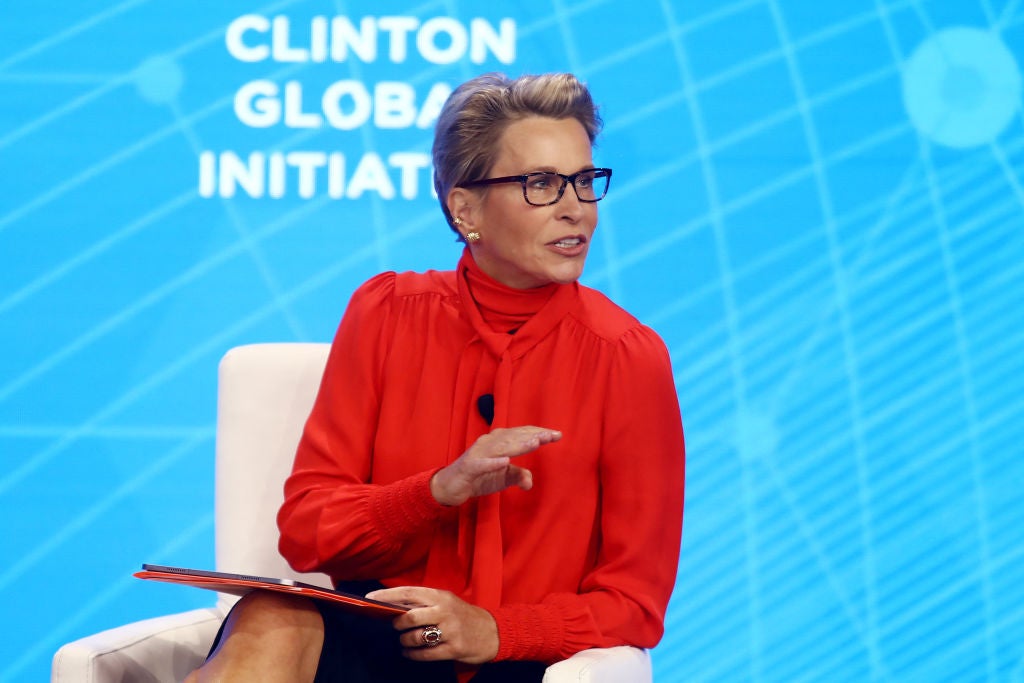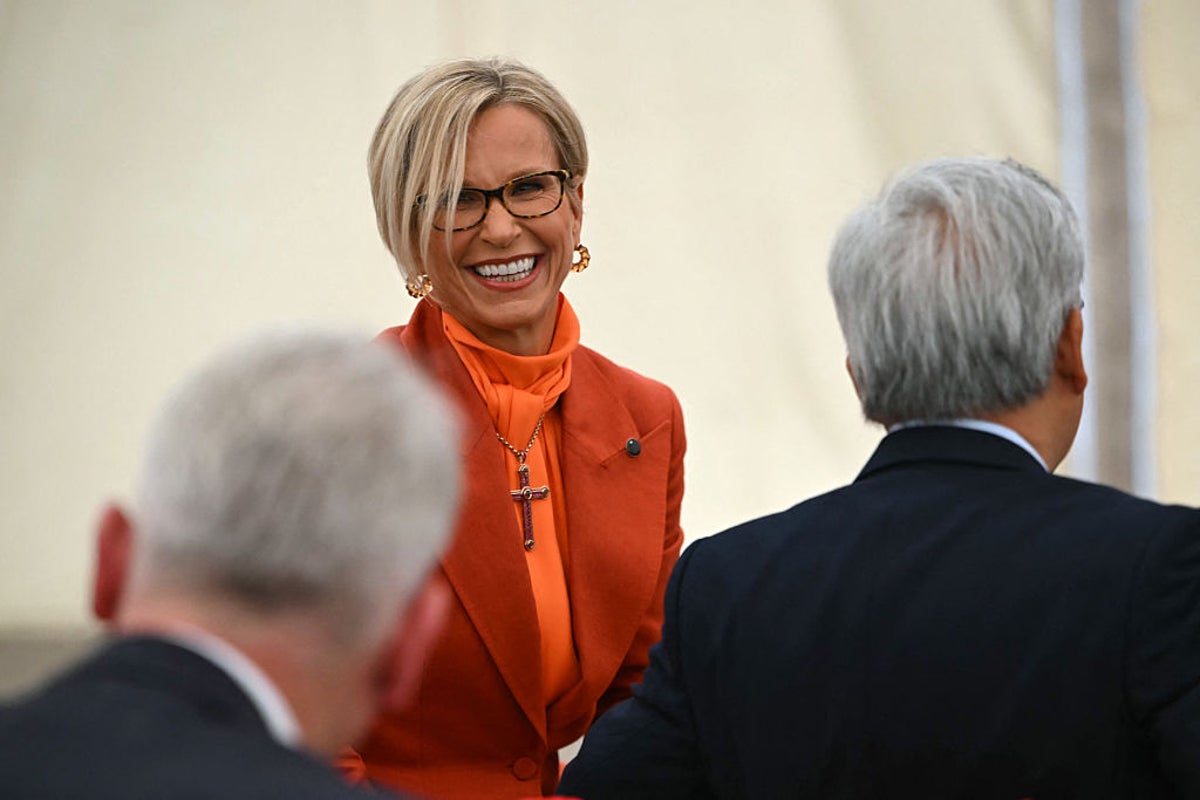Pharmaceuticals firm GSK has announced a shock change at the very top, with CEO Dame Emma Walmsley opting to step down after eight years in charge.
Chief commercial officer Luke Miels will be stepping up to lead the company instead, effective from 1 January, though Ms Walmsley will remain employed by the company until the end of September 2026.
The current chief executive said it was “the right moment” for a change in the company and she was “proud” to be leaving it in a stronger position than when she took over.
GSK is one of the largest firms in the FTSE 100, sitting just outside the top ten by market capitalisation as a £60bn business.
Among the notable changes during Ms Walmsley’s tenure was the spinning off of Haleon, now a separate £29bn consumer health business. She was also recognised as the first-ever female chief executive of a major pharma company and had a total pay package in excess of £10m last year.
However, the change also comes at a notable point in the wider pharmaceutical industry, with the US pressuring companies for significant investment and price discounts, and some firms departing or pausing investment in the UK. Earlier in September Merck quit a £1bn research hub partway through building it, saying the UK was not “internationally competitive”, while the maker of weight-loss drug Mounjaro, Eli Lilly, said the UK was the “worst country in Europe” for pricing.
Meanwhile, GSK’s fellow London-listed firm AstraZeneca paused its own investment into a Cambridge facility and has today announced a direct listing on the New York Stock Exchange, while remaining headquartered in the UK.
It adds up to a challenging environment for incoming CEO Miels to deal with, with Ms Walmsley acknowledging next year was a crucial one for GSK.

“2026 is a pivotal year for GSK to define its path for the decade ahead, and I believe the right moment for new leadership. As CEO, you hope to leave the company you love stronger than you found it and prepare for seamless succession,” her statement said.
“I’m proud to have done both – and to have created Haleon, a new world-leader in consumer health. Today, GSK is a biopharma innovator, with far stronger momentum and prospects than nine years ago. Most importantly, the inspiring people in our labs, factories, and markets worldwide are delivering innovation that matters to get ahead of disease.
“I know Luke will lead them brilliantly to even greater impact for patients. I look forward to supporting this transition and to cheering GSK’s future success as I begin my own new adventures.”
GSK employs more than 65,000 people around the world and say they deliver more than 1 million doses of their vaccines across the globe each day.
Shares in the company were up 3 per cent in morning trading following the announcement, but is flat over the past year.
“There’s an exciting pipeline [of medicines and vaccines] ahead and, this year alone, GSK’s on track for five major regulatory approvals. Her reign also saw a line drawn in the sand in the Zantac litigation case, removing a key financial uncertainty,” said Derren Nathan, head of equity research at Hargreaves Lansdown.
“Despite the progress, the share price performance has been lacklustre, and the stock trades at a significant discount to the peer group. Although her record of delivering on financial guidance has been strong, the company’s growth rates remain stuck in single digit territory. There’s a $40bn sales target in place for 2031, but analyst forecasts suggest some doubts still linger.
“It will be down to the leadership of CEO designate Luke Miels to convince the market. He’s been handed a business in good shape and, if he can deliver on this goal, shareholders stand to be well rewarded. The market’s backing him for now, but there’s a long road ahead. As Emma Walmsley’s relationship with the City has shown, it can be a demanding audience.”




